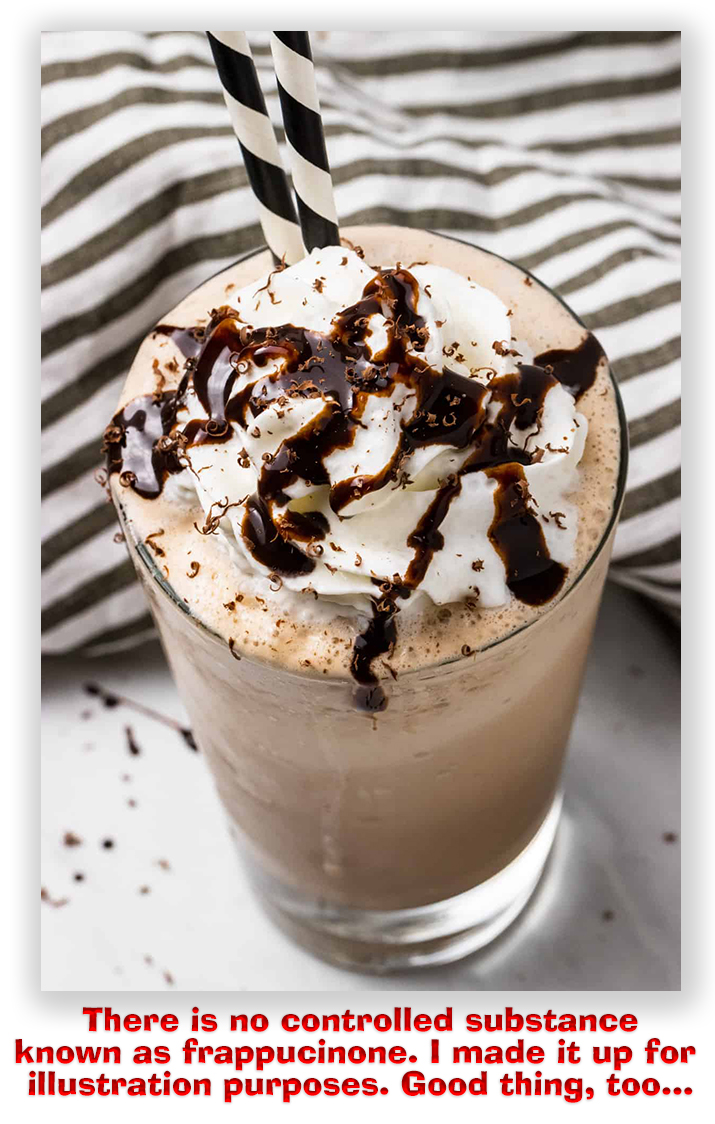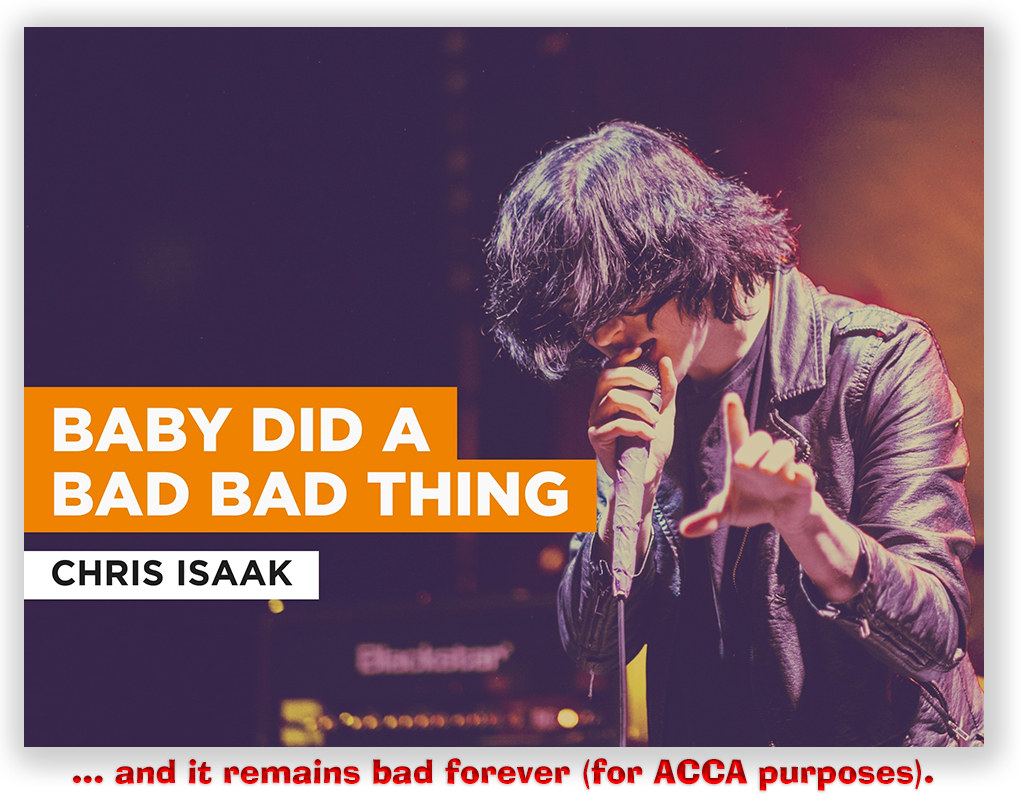We post news and comment on federal criminal justice issues, focused primarily on trial and post-conviction matters, legislative initiatives, and sentencing issues.

BABY DID A BAD, BAD THING…
The Supreme Court yesterday took on the role of a scold, holding in essence that if the thing was bad when you did it, the fact that it isn’t bad now doesn’t much matter.
 The two defendants involved, Brown and Jackson, were convicted of being a felon in possession of a gun. Because each had three prior convictions in state court for what 18 USC § 924(e) calls a “serious drug offense,” the mandatory minimum sentence for each was 15 years under the Armed Career Criminal Act.
The two defendants involved, Brown and Jackson, were convicted of being a felon in possession of a gun. Because each had three prior convictions in state court for what 18 USC § 924(e) calls a “serious drug offense,” the mandatory minimum sentence for each was 15 years under the Armed Career Criminal Act.
For a state crime to qualify as a “serious drug offense,” it must carry a maximum sentence of at least 10 years’ imprisonment and involve “a controlled substance… as defined in section 102 of the Controlled Substances Act. The CSA includes a schedule of controlled substances ( 21 USC §§ 811-12) which must be updated each year by the Attorney General.
So say you’re convicted three times in Seattle of trafficking frappacinone–a controlled substance that gives frappucinos their delicious froth–to local coffee shops. Frappacinone happens to be listed as a controlled substance by a caffeine-hating Attorney General. Then, 10 years later, a new AG who survives on Starbucks deschedules frappacinone, so that any 8-year-old with a parent’s credit card can get a frap buzz.
Unfortunately, you get caught carrying a gun (merely for protection from all the coffee shop owners you overcharged during your frappacinone-dealing days). Your three prior frap-trafficking drug convictions make you eligible for an ACCA sentence.
 You argue to your sentencing judge that you might have been a drug dealer when you got convicted in Seattle of pushing frappucinone, but if you were doing it today, you’d just be a latter-day Howard Schultz. In other words, you argue that whether your three prior state-law convictions constitute a “serious drug offense” should depend on whether the drug you were pushing is on the federal schedules when you got caught with the gun, not when you got caught trafficking the coffee dope.
You argue to your sentencing judge that you might have been a drug dealer when you got convicted in Seattle of pushing frappucinone, but if you were doing it today, you’d just be a latter-day Howard Schultz. In other words, you argue that whether your three prior state-law convictions constitute a “serious drug offense” should depend on whether the drug you were pushing is on the federal schedules when you got caught with the gun, not when you got caught trafficking the coffee dope.
Yesterday, the Supreme Court ruled 6-3 that the state-law conviction was a “serious drug offense” if it qualified when a defendant commits the drug offense, not if it still qualified much later when a defendant commits the felon-in-possession offense.
“Precedent and statutory context support the Government’s interpretation,” the Court ruled. The “ACCA gauges what a defendant’s ‘history of criminal activity’ says about his or her ‘culpability and dangerousness.’ In previous cases, the Court has held that ACCA requires sentencing courts to examine the law as it was when the defendant violated it. This “backward-looking” approach supports the Government’s interpretation. And the plain language of the statute points to the same conclusion. Section 924(e)(2)(A)(i), which immediately precedes the provision at issue, defines a ‘serious drug offense’ to include, among other things, ‘offense[s] under the Controlled Substances Act.’ A later change in a federal drug schedule does not change the fact that an offense ‘under the CSA’ is a ‘serious drug offense.’”
In essence, if it was a bad, bad thing when baby did it, it remains a bad, bad thing forever.

The Court’s 6-3 split is not the “liberal justice-conservative justice” split pundits have come to expect. The dissent, written by Justice Ketanji Brown Jackson (who is not related to either defendant Brown or Jackson) was joined by Justice Elana Kagan and reputedly conservative Justice Neil Gorsuch. Justice Sonia Sotomayor, generally seen as a liberal justice, was with the majority. Justice Jackson’s dissent argued that where a statute like the ACCA cross-references another statute (the drug schedules of 21 USC § 812), we have always simply applied the version of the other provision in effect at the time the cross-referenced provision was needed, even if Congress amended that provision at some point in the past.”
Brown v. United States, Case Nos. 22-6389, 22-6640, 2024 U.S. LEXIS 2261 (May 23, 2024)
Courthouse News, Conviction timing is key to solving defunct drug charge sentencing row, Supreme Court says (May 23, 2024)
– Thomas L. Root

